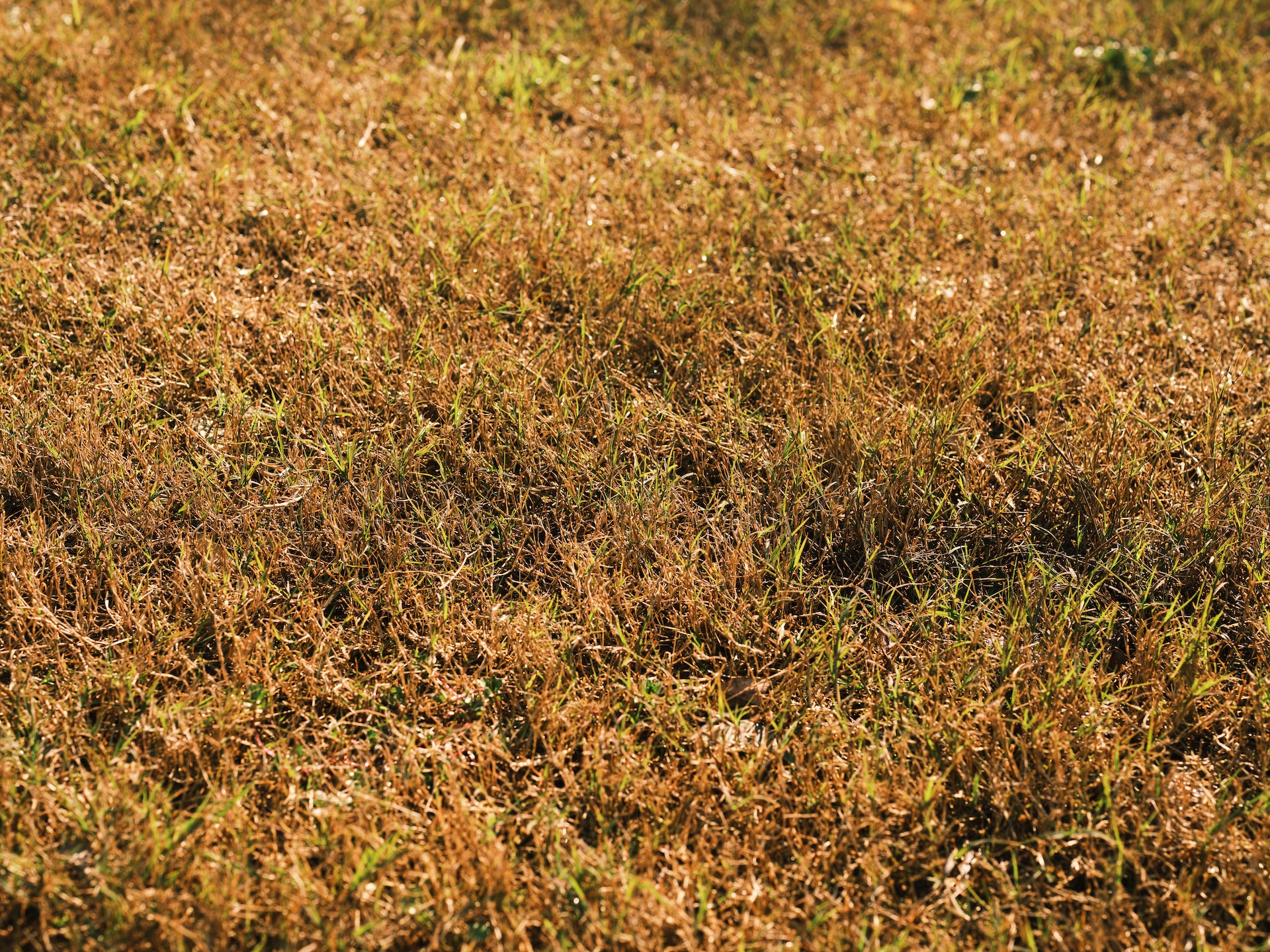
A lush green lawn can be a source of pride for any homeowner, but it's not without its challenges. From unsightly brown patches to invasive pests, various issues can plague your lawn and hinder its growth and beauty. However, fear not! In this blog post, we'll address some common lawn problems and provide you with practical solutions to overcome them, ensuring your yard remains healthy and vibrant throughout the year.
Brown Patches:
Brown patches are a common sight on lawns and can be caused by several factors, including fungal diseases, improper watering, or poor soil conditions. To combat brown patches:
Identification: Determine the cause of the brown patches by inspecting the affected area closely. Fungal infections often create circular patterns, while underwatering may cause irregular patches.
Fungicide Treatment: If a fungal infection is detected, apply a suitable fungicide following the manufacturer's instructions to prevent its spread.
Proper Watering: Ensure your lawn receives adequate and consistent watering. Water deeply and infrequently to encourage deep root growth, particularly during dry periods.
Lawn Aeration: Aerating the lawn helps improve soil drainage and allows water and nutrients to reach the grass roots more effectively.
Pest Infestations:
Pests like grubs, chinch bugs, and armyworms can wreak havoc on your lawn by feeding on the grass roots and foliage. Here's how to handle pest infestations:
Early Detection: Regularly inspect your lawn for signs of pest infestations, such as brown patches, wilting, or unusual insect activity.
Natural Predators: Encourage natural predators like birds and beneficial insects that feed on pests to keep their populations in check.
Pesticide Application: If the infestation is severe, consider using targeted pesticides to eliminate the pests. Opt for eco-friendly options and carefully follow the application guidelines.
Compacted Soil:
Compacted soil prevents air, water, and nutrients from reaching the grass roots, leading to poor lawn health. Address this issue with the following steps:
Lawn Aeration: Regularly aerate your lawn to alleviate soil compaction. Aeration creates small holes in the soil, improving its structure and promoting better root growth.
Topdressing: After aeration, apply a thin layer of compost or organic matter to the lawn's surface. This helps improve soil quality over time.
Weeds:
Weeds can quickly take over a lawn and compete with grass for essential resources. Tackle weed problems effectively:
Preventive Measures: Keep your lawn healthy and dense through proper watering, mowing, and fertilization. A healthy lawn is more resistant to weed invasions.
Hand Pulling: For a few weeds, hand-pulling can be effective. Ensure you remove the entire root to prevent regrowth.
Selective Herbicides: Use selective herbicides that target specific weed types while sparing your grass. Follow the instructions carefully and avoid over-application.
Thinning Grass:
Thinning grass can occur due to various reasons, including poor soil nutrition and improper mowing practices. Revitalize your lawn as follows:
Overseeding: Overseed the lawn with appropriate grass seeds to fill in bare spots and improve overall grass density.
Fertilization: Apply a balanced lawn fertilizer with the right nutrients to support healthy grass growth.
Proper Mowing: Mow your lawn at the recommended height for your grass type. Avoid cutting more than one-third of the grass blade at a time.
Remember, a well-maintained lawn requires consistent care and attention. Regularly monitoring your lawn's health and taking proactive measures will help prevent and address common problems effectively. By following these practical solutions, you can enjoy a beautiful and vibrant lawn year-round!
Note: Before using any chemicals, including pesticides and herbicides, be sure to read and follow the product labels and safety guidelines. Also, consider eco-friendly and organic alternatives to minimize environmental impact.
